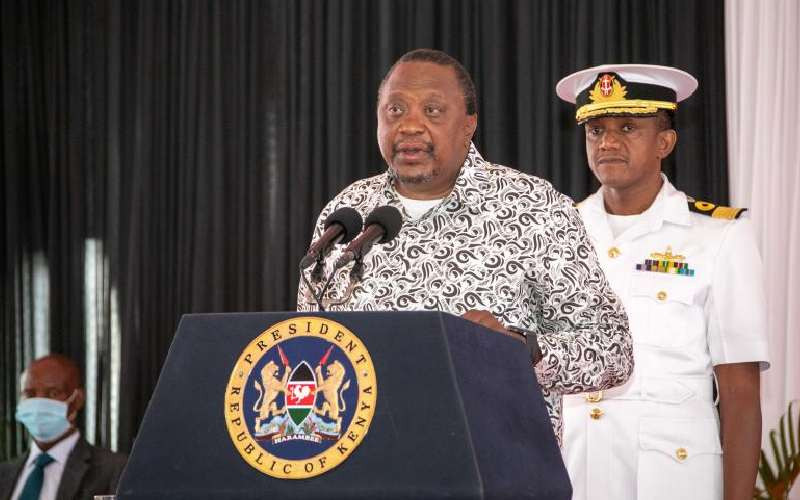×
The Standard e-Paper
Fearless, Trusted News

This year marks the end of Uhuru Kenyatta's presidency. For many historians, it is too soon to estimate his place in Kenyan historiography and as such, most will hesitate to write about it. He has had the most controversial and misunderstood term of office.
Against the backdrop of increased criticism of his incumbency, it is a perfect time to reevaluate his performance. This is happening at a time the nation is healing from the vagaries of a global pandemic, political turmoil, uncertainty and economic recess.